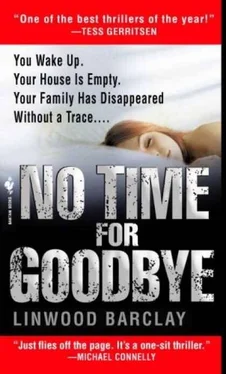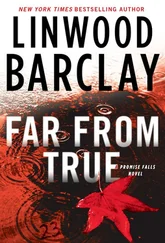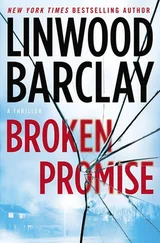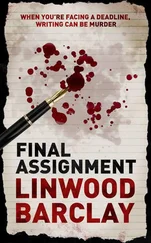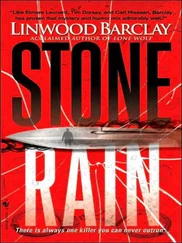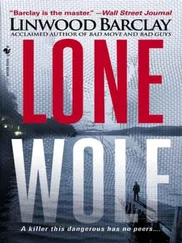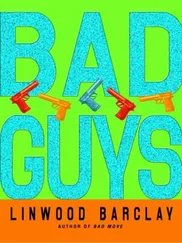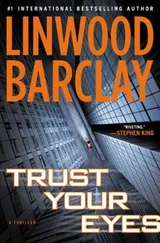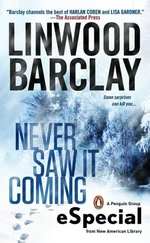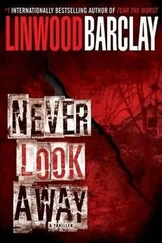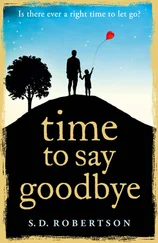Coming back into the harbor, I saw a short black woman in a pair of jeans and tan leather jacket standing at the end of the dock as we came back into the harbor. She was nearly as round as she was short, but she showed grace and agility as she grabbed on to the boat as it drew close, and assisted in securing it. She said to me, “Terrence Archer?” There was a hint of Boston in her voice.
I said yes.
She flashed me a badge that identified herself as Rona Wedmore, a police detective. And not from Boston, but from Milford. She held out a hand to assist Cynthia onto the dock while I lifted Grace onto the weathered planking.
“I’d like to speak with you a moment,” she said, not asking.
Cynthia, who had Pam at her side, said she would watch Grace. Rolly stayed back with Millicent. Wedmore and I walked slowly along the dock toward a black unmarked cruiser.
“Is this about Tess?” I asked. “Has there been an arrest?”
“No, sir, there has not,” she said. “I’m sure every effort is being made to do just that, but that’s another detective’s case and I’m aware, one way or another, what progress is being made in that regard.” She spoke rapid-fire, the words coming at me like bullets. “I’m here to ask you about Denton Abagnall.”
I underwent a bit of mental whiplash. “Yes?”
“He’s missing. Two days now,” she said.
“I spoke to his wife the morning after he’d been to our home. I told her to call the police.”
“You haven’t seen him since then?”
“No.”
“Heard from him?” Ping, ping, ping.
“No,” I said. “I can’t help but think it might have something to do with the murder of my wife’s aunt. He’d been to see her not long before her death. He’d left her a business card, which she told me was pinned to the bulletin board by the phone. But it wasn’t there after she died.”
Wedmore wrote something down in her notebook. “He was working for you.”
“Yes.”
“At the time of his disappearance.” It wasn’t a question, so I simply nodded. “What do you think?”
“About?”
“What happened to him?” A glimpse of impatience. Like, What else do you think I mean ? I paused and looked up at the cloudless blue sky. “I hate to let my mind go there,” I said. “But I think he’s dead. I think he may even have gotten a phone call from his killer while he was in our home, reviewing our case with us.”
“What time was that?”
“It was around five in the afternoon, something like that.”
“So was it before five, or after five, or five?”
“I’d say five.”
“Because we got in touch with his cell phone provider, had them check all his incoming and outgoing calls. There was a call at five, made from a pay phone in Milford. There was another one later, from another Milford pay phone, that went through, then later in the day, some calls from his wife that went unanswered.”
I had no idea what to make of that.
Cynthia and Grace were getting into the back of the funeral director’s Caddy.
Wedmore leaned toward me aggressively, and even though she was probably five inches shorter, she had presence. “Who’d want to kill your aunt, and Abagnall?” she asked.
“Someone who’s trying to make sure that the past stays in the past,” I said.
Millicent wanted to take us all out for lunch, but Cynthia said she’d prefer to go straight home, and that was where I took her. Grace had clearly been moved by the service, and the entire morning had been an eye-opener for her-her first funeral-but I was actually glad to see she still had an appetite. The moment we came through the door, she said she was starving and that if she didn’t get something to eat immediately, she would die.
Then, “Oh, sorry.”
Cynthia smiled at our girl. “How about a tuna sandwich?”
“With celery?”
“If we have any,” Cynthia said.
Grace went into the fridge, opened up the crisper. “There’s some celery, but it’s kind of soft.”
“Bring it out,” Cynthia said. “We’ll have a look.”
I hung my suit jacket on the back of a kitchen chair, loosened my tie. I didn’t have to dress this well to teach high school, and the formal attire made me feel constricted and awkward. I sat down, put everything that had happened so far that day on the back burner for a moment, and watched my two girls. Cynthia hunted up a tin of tuna and a can opener while Grace put the celery on the counter.
Cynthia drained the oil from the tuna can, dumped it into a bowl, and asked Grace to get the Miracle Whip. She went back to the fridge, brought out the jar, got the lid off, and put it on the counter. She broke off a celery stalk, waved it in the air. It was a piece of rubber.
Playfully, she hit her mother on the arm with it.
Cynthia turned and looked at her, reached over very deliberately and broke off a rubbery stalk of her own, and hit Grace back. Then they used the stalks as swords. “Take that!” said Cynthia. Then they both started to laugh, and slipped their arms around each other.
And I thought, I’ve always wondered what sort of mother Patricia was like, and the answer’s always been here right in front of me.
Later, after Grace had eaten and gone upstairs to get back into some regular clothes, Cynthia said to me, “You looked nice today.”
“You too,” I said.
“I’m sorry,” she said.
“Hmm?”
“I’m sorry. I don’t blame you. For Tess. I was wrong to say what I said.”
“It’s okay. I should have told you everything. Earlier.”
She looked at the floor.
“Can I ask you something?” I said, and she nodded. “Why do you think your father would have saved a clipping about a hit-and-run accident?”
“What are you talking about?” she said.
“He saved a clipping about a hit-and-run accident.”
The shoeboxes were still on the kitchen table, the clipping about fly-fishing, which included the one about the woman from Sharon who was killed by a passing motorist, her body dragged and dumped into the ditch, sitting on top.
“Let me see,” Cynthia said, rinsing off her hands and drying them off. I handed her the clipping and she accepted it delicately, like parchment. She read it. “I can’t believe I’ve never noticed it before.”
“You thought your dad saved the clipping because of the fly-fishing piece.”
“Maybe he did save it because of the fly-fishing piece.”
“I think, in part, he did,” I said. “But what I’m wondering is which came first. Did he see the story about the accident and go to clip it out, but then given his interests, he clipped the fly-fishing story with it? Or did he see the fly-fishing story, then spotted the other one, and, for some reason, clipped it, too? Or,” and I paused for a moment, “did he want to clip the hit-and-run story, but worried that clipping it alone would lead to questions should someone, like your mother, find it, but clipping it with the other story, well, that was like camouflaging it?”
Cynthia had handed the clipping back to me and said, “What in the hell are you talking about?”
“God, I don’t know,” I said.
“Every time I look through those boxes,” Cynthia said, “I keep hoping I’ll find something I’ve never noticed before. It’s frustrating, I know. You want to find an answer but it’s not there. And yet,” she said, “I keep thinking I’ll find it. Some tiny clue. Like that one piece in a jigsaw puzzle, the one that helps you place all the others.”
“I know,” I said. “I know.”
“This accident, this woman who got killed-what was her name again?”
“Connie Gormley,” I said. “She was twenty-seven.”
“I’ve never heard that name in my life. It doesn’t mean a thing. And what if that’s it? What if that’s the piece?”
Читать дальше
